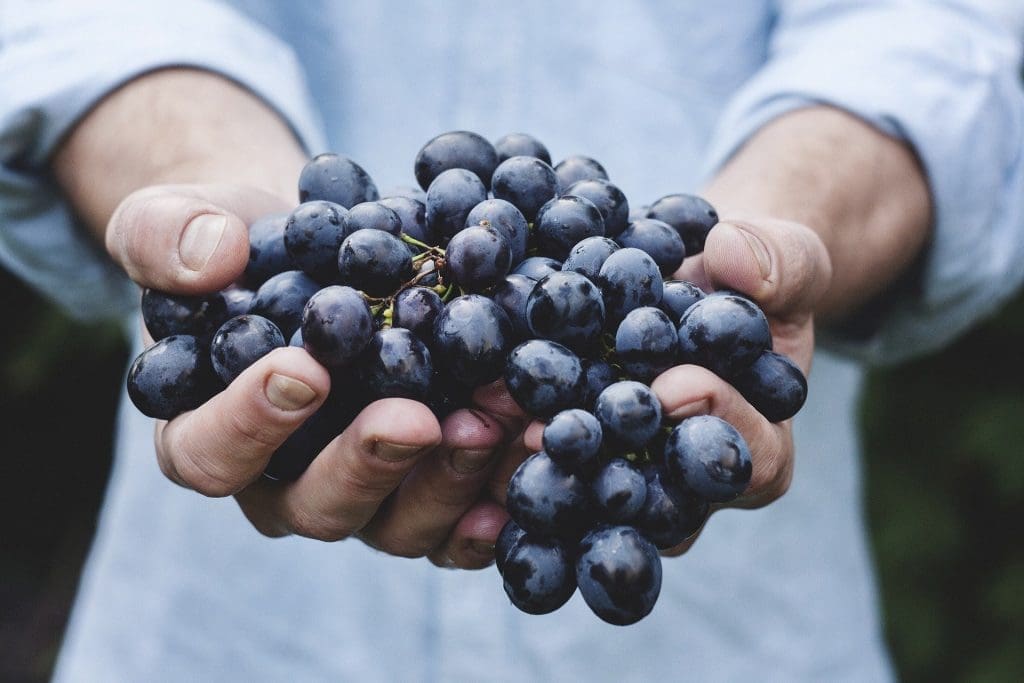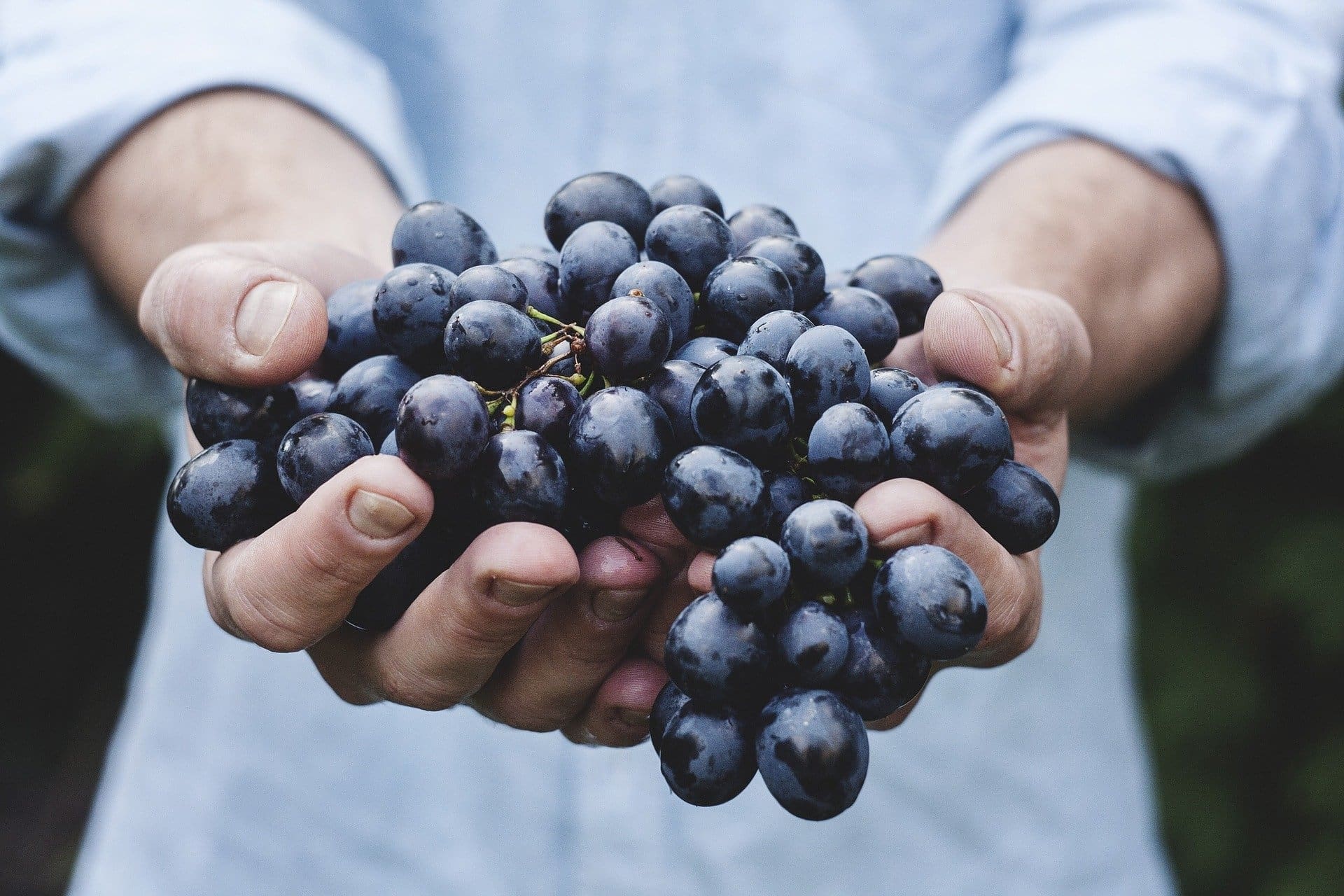Have you heard the hype about eating organic fruits and vegetables as opposed to conventionally grown ones? Well, if you have not, you’re one of the lucky ones. If it’s not an odd social media post, a nosey neighbor or an ill-informed stranger trying to spread this hype, certainly you may hear it from the Environmental Working Group’s (EWG) promotion of their 2018 Dirty Dozen list. EWG develops this list every year warning consumers about which conventionally grown fruits and vegetables to avoid and replace with organic.

We’re here to highlight a few things that you should keep in mind when you’re thinking about the consumption of organic and conventional fruits and vegetables.
Stronger Nutrition Together
Whether you prefer to eat organic or conventional produce, you are choosing a safe and healthy way to access fruits and vegetables. Both conventionally grown and organic produce uses pesticides to protect crops from pests. The list of pesticides that can be used for organic produce is different than for conventional, but they are all made up of federally regulated compounds that are designed to kill or repel insects and other pests. This means that these substances are designed to rid foods of pests, but are also intended to be a part of our food supply chain system to ultimately yield food we can safely consume after harvesting.
Depending on where you live and what you have access to, you should try to make purchase choices that give you a well-balanced intake of fruits and vegetables. Many studies have demonstrated that organic produce does not have a nutritional advantage over conventional produce, and organic produce is not associated with better protection from chronic conditions like cardiovascular disease and cancer.
Research has also shown that inaccurate reports about pesticide residues on fruits and vegetables (and the “superiority” of organic versus conventionally grown produce) can have a negative impact on whether people consume the daily recommended amount of fruits and vegetables. On average, Americans don’t come close to meeting these recommendations in the first place, and adding an additional barrier brings us further away from the target: eating a healthful, balanced diet.
People who are told that organic is healthier and safer for them may lack access or enough money to purchase organic produce. According to a study led by researchers at the Johns Hopkins Center for a Livable Future (CLF), dietary messages where people are made to believe organic fruits and vegetables are healthier can lead to unhealthy consequences.
Bear in mind that the perimeter of the supermarket isn’t the only place to get your 5-to-9 a day. Fruits and vegetables are available in more forms and varieties than ever before — and options like canned or frozen sometimes come with benefits over fresh.
Dirty Dozen List Residues Resi-Don’t?
EWG is keen on pointing out the dangers of “lingering pesticide residues” that can be found on conventionally grown foods. Ah, but I just told you that organic fruits and vegetables are not grown pesticide-free. So here is another tidbit to thwart EWG’s logic: Potential residues on either type of produce are in minute amounts that are not linked to any adverse health effects. The U.S. Department of Agriculture Agricultural Marketing Service has issued reports confirming that overall pesticide chemical residues found on foods are at levels below the tolerances established by the U.S. Environmental Protection Agency and do not pose a safety concern.
For many organic and conventionally grown fruits and vegetables, pesticide residues have dissipated to the point of non-existence before the food reaches the consumer. But even in the cases where they haven’t, the amount of pesticides on fruits and vegetables is so small that it has to be measured in parts per billion. One of the smallest units of measurement, parts per billion — as the name suggests — is one part per 1 billion parts. To give some perspective, this is the equivalent of one blade of grass on a football field or one penny out of $10 million.
Produce Matters — And Not Just Organic
Whether fruits and vegetables are organic or conventional, it’s a good idea to incorporate more of them into our diets. The problem with reports like EWG’s that promote organic over conventional is that they may incite fear in consumers who have a tough time affording or having access to organic produce.
The bottom line is that there’s no demonstrable health difference between organically or conventionally grown produce. Focus more on eating enough fruits and vegetables on the Dirty Dozen List and less on how they are grown.
This blog post includes contributions from Alyssa Ardolino, RD and Ali Webster, PhD.
Source Link – http://www.foodinsight.org/dirty-dozen-2018-pesticides-organic-conventional-produce-fruits-vegetables-science




